My favourite stock in the Big Pharma sector
Ed Bowsher explains what’s going on in the pharmaceuticals industry, and picks his favourite stock in the sector.

Get the latest financial news, insights and expert analysis from our award-winning MoneyWeek team, to help you understand what really matters when it comes to your finances.
You are now subscribed
Your newsletter sign-up was successful
Want to add more newsletters?

Twice daily
MoneyWeek
Get the latest financial news, insights and expert analysis from our award-winning MoneyWeek team, to help you understand what really matters when it comes to your finances.

Four times a week
Look After My Bills
Sign up to our free money-saving newsletter, filled with the latest news and expert advice to help you find the best tips and deals for managing your bills. Start saving today!

Pfizer's bid for AstraZeneca is the big headline-grabbing story of the moment.
But it isn't the only thing happening in the healthcare sector. In fact, from an investment point of view, it's not even the most important thing.
We're also seeing some significant deals in the over the counter' medicine market. This market comprises products where you don't need a prescription things such as hayfever pills and cough drops.
MoneyWeek
Subscribe to MoneyWeek today and get your first six magazine issues absolutely FREE

Sign up to Money Morning
Don't miss the latest investment and personal finances news, market analysis, plus money-saving tips with our free twice-daily newsletter
Don't miss the latest investment and personal finances news, market analysis, plus money-saving tips with our free twice-daily newsletter
Some of the big pharmaceutical companies want to expand their businesses in this area, while others don't want to play at all. Indeed, the US giant, Merck (NYSE: MRK), has just sold its consumer business this week for a very fancy price.
However, regardless of the price, I think Merck is making a mistake. I'd much rather invest in a pharma giant that also has a consumer drugs wing.
Let me explain why.
Drug companies are fetching high prices for their consumer divisions
Bayer will now be one of the world's largest consumer health businesses, while Merck will focus on innovative, patent-protected, prescription drugs.
Merck isn't the only drugs giant to follow this approach. Roche, Eli Lilly and Bristol Myers Squibb all focus solely on prescription drugs.
The rationale is that the company and management won't spread themselves too thinly. They'll just focus on one business area and won't get distracted.
On top of that, buyers seem to be willing to pay handsomely for consumer health businesses at the moment. Bayer is paying 21 times Ebitda'for the Merck consumer business. Ebitda is a measure of profits that is normally much larger than other kinds of profit, so 21 is a very high multiple indeed.
The price was driven so high because Bayer wasn't only competing against other drugs companies for the deal. Consumer goods giant Reckitt Benckiser (LSE: RB) also wanted to buy the Merck business, and that pushed up the price.
Why it makes sense to diversify
The manufacturing costs for most prescription drugs are also very low, while prices are high. So the profit margins are potentially very high assuming the drug makes it past the costly development and regulatory approval stages, that is.
But I'm not convinced by this pure play' argument. You see, consumer drug brands such as hayfever treatment Claritin (which is included in the Bayer/Merck deal) are very strong, and will probably continue to generate significant revenues for many years to come.
If a drugs giant owns some of these consumer brands, I believe it reduces the risk for investors. They provide a nice reliable income stream.
The problem with prescription drugs is that they are always a bit of a gamble. During the development process, you never know whether they'll get regulatory approval for launch. And even when they do launch, you can never be sure of how well they'll sell.
There's also the issue that in most countries, you're beholden to indebted public sector health systems that want to drive down prescription drug prices. So those high margins are always under threat.
Prescription drugs are a very exciting area for investors, no doubt about it. New technology means plenty of opportunities for breakthroughs, and ageing populations mean demand will continue to rise. But it's risky.
Given these risks, I'm happier if a drugs company also has a reliable over-the-counter, consumer business to stabilise things especially as the drugs company may be able to move some of its older products to the over-the-counter division at some point.
Which pharma giants are in consumer?
GlaxoSmithKline (LSE: GSK),
Indeed Glaxo and Novartis recently did a deal where they merged their consumer divisions into one jointly-owned business. To me, this shows that both companies are still committed to consumer drugs they just want to cut costs and boost the impact of their sales force, in which case running a joint venture makes sense.
Of these companies, I'm still drawn most to Glaxo. On the downside, Glaxo is being hit by the decline in sales for its respiratory drug, Advair, but its development pipeline still looks promising.
What's more, Glaxo trades on a reasonable price/earnings ratioof 15 and the yieldis a decent 4.8%. So with a nice consumer division as well, I'm very happy to hold on to my shares in Glaxo.
Our recommended articles for today
This could change everything
Labour's rent control plans are pointless
Get the latest financial news, insights and expert analysis from our award-winning MoneyWeek team, to help you understand what really matters when it comes to your finances.
Ed has been a private investor since the mid-90s and has worked as a financial journalist since 2000. He's been employed by several investment websites including Citywire, breakingviews and The Motley Fool, where he was UK editor.
Ed mainly invests in technology shares, pharmaceuticals and smaller companies. He's also a big fan of investment trusts.
Away from work, Ed is a keen theatre goer and loves all things Canadian.
Follow Ed on Twitter
-
 Pension Credit: should the mixed-age couples rule be scrapped?
Pension Credit: should the mixed-age couples rule be scrapped?The mixed-age couples rule was introduced in May 2019 to reserve pension credit for older households but a charity warns it is unfair
-
 Average income tax by area: The parts of the UK paying the most tax mapped
Average income tax by area: The parts of the UK paying the most tax mappedThe UK’s total income tax bill was £240.7 billion 2022/23, but the tax burden is not spread equally around the country. We look at the towns and boroughs that have the highest average income tax bill.
-
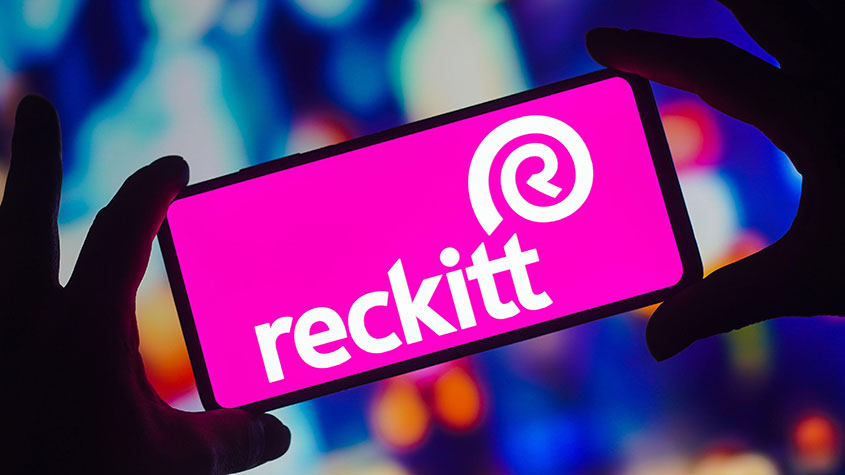 Reckitt shares are undervalued
Reckitt shares are undervaluedTips Reckitt shares have struggled in recent years, but the consumer-goods giant is now getting its act together.
-
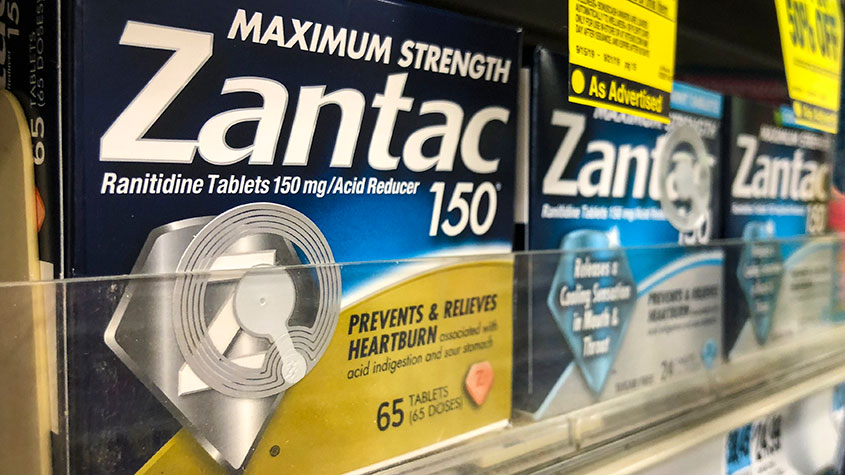 Are GSK’s legal troubles a threat to the firm’s survival?
Are GSK’s legal troubles a threat to the firm’s survival?Analysis Pharmaceutical giant GlaxoSmithKline is facing legal action over heartburn drug Zantac that has seen billions wiped off its market value. Rupert Hargreaves looks at how it might affect the business's prospects.
-
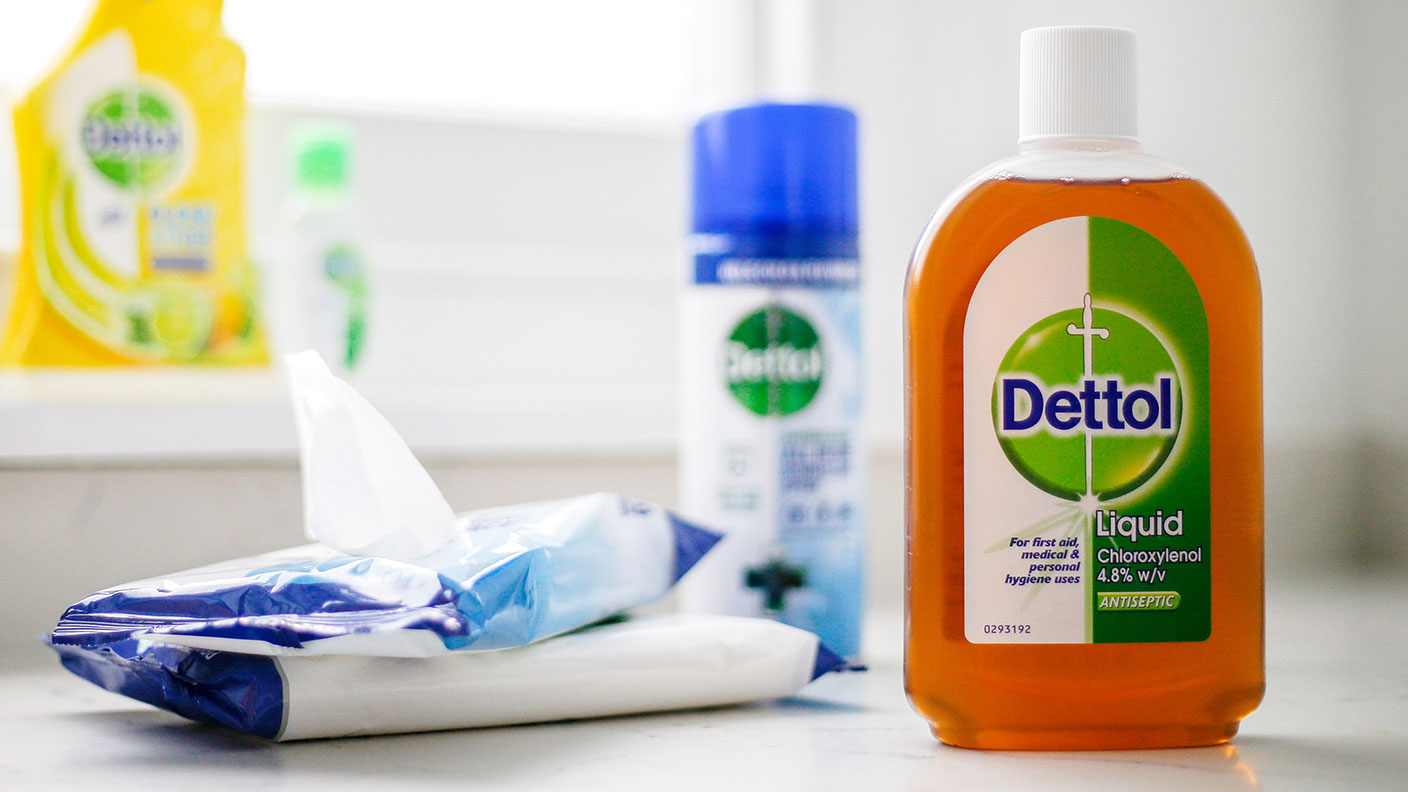 Investors should take a closer look at Reckitt as an inflation hedge
Investors should take a closer look at Reckitt as an inflation hedgeAnalysis Consumers are sticking with Reckitt Benckiser despite it passing on higher costs, and the company is expecting further growth. Rupert Hargreaves looks at the latest figures.
-
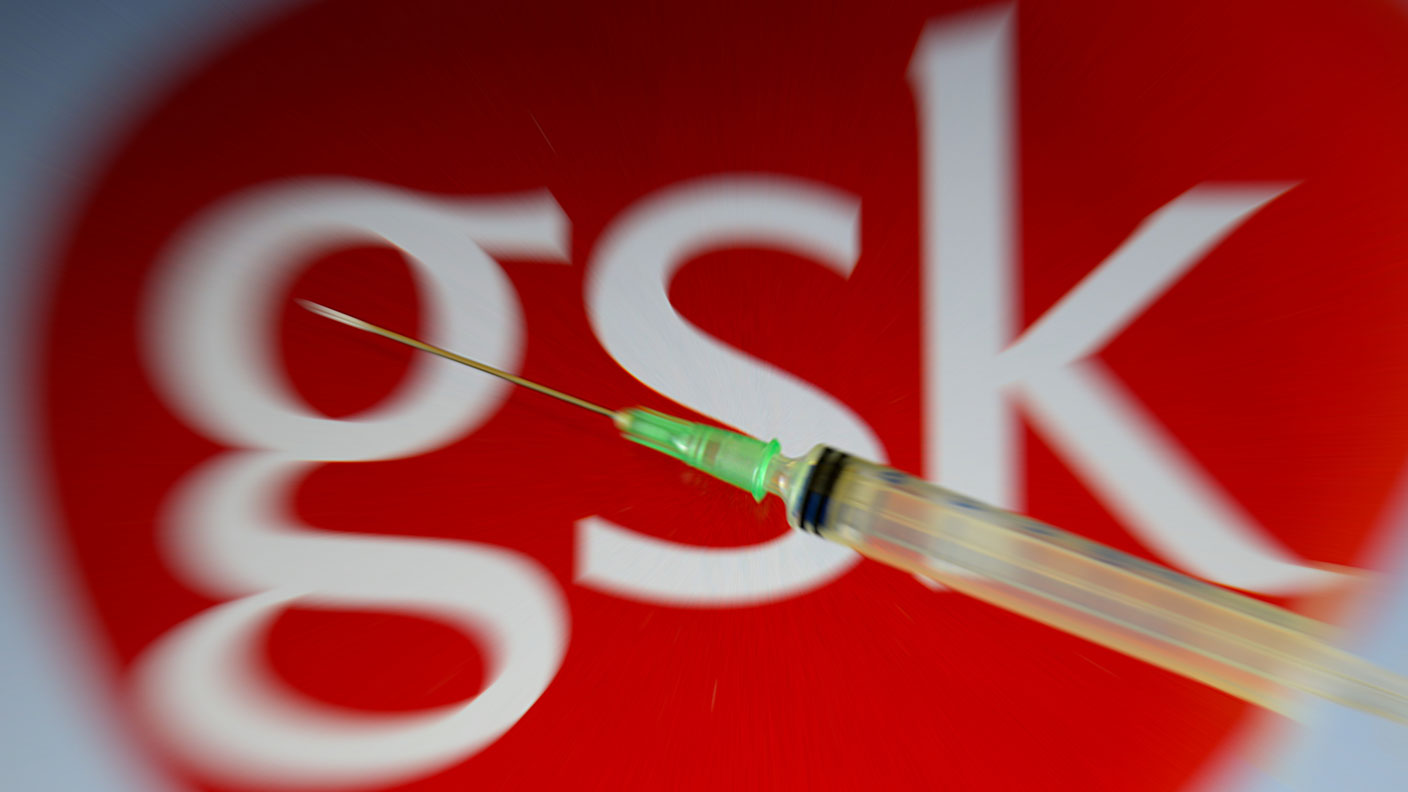 GlaxoSmithKline’s first-quarter figures show the company is on track for the year
GlaxoSmithKline’s first-quarter figures show the company is on track for the yearAnalysis Latest results show that it's business as usual for pharmaceutical giant GlaxoSmithKline. Rupert Hargreaves casts his eyes over the numbers.
-
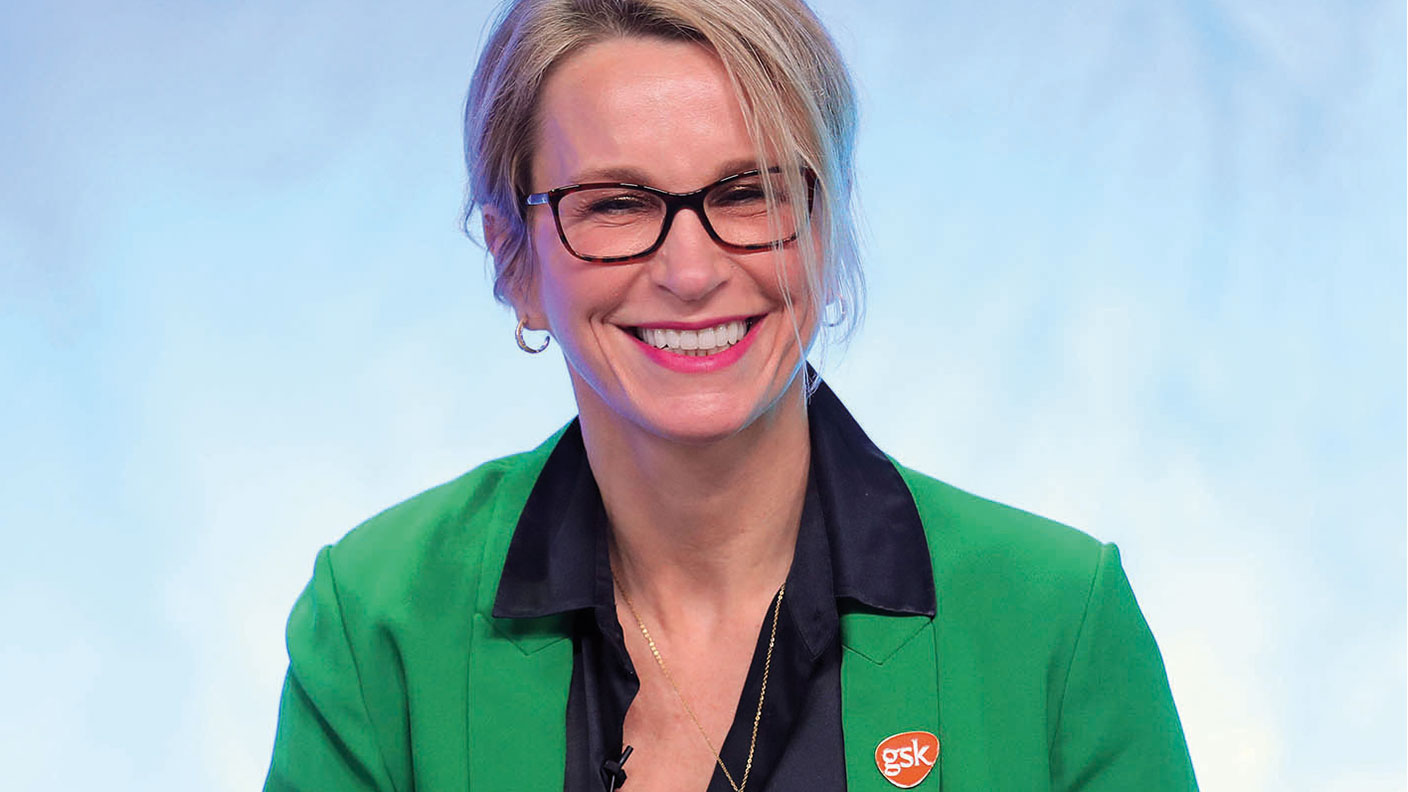 Why GSK should turn down Unilever’s billions
Why GSK should turn down Unilever’s billionsNews Unilever has offered GSK £50bn for its consumer division. But while the cash will be a temptation, the deal is not in the interests of shareholders or of anyone else, says Matthew Lynn.
-
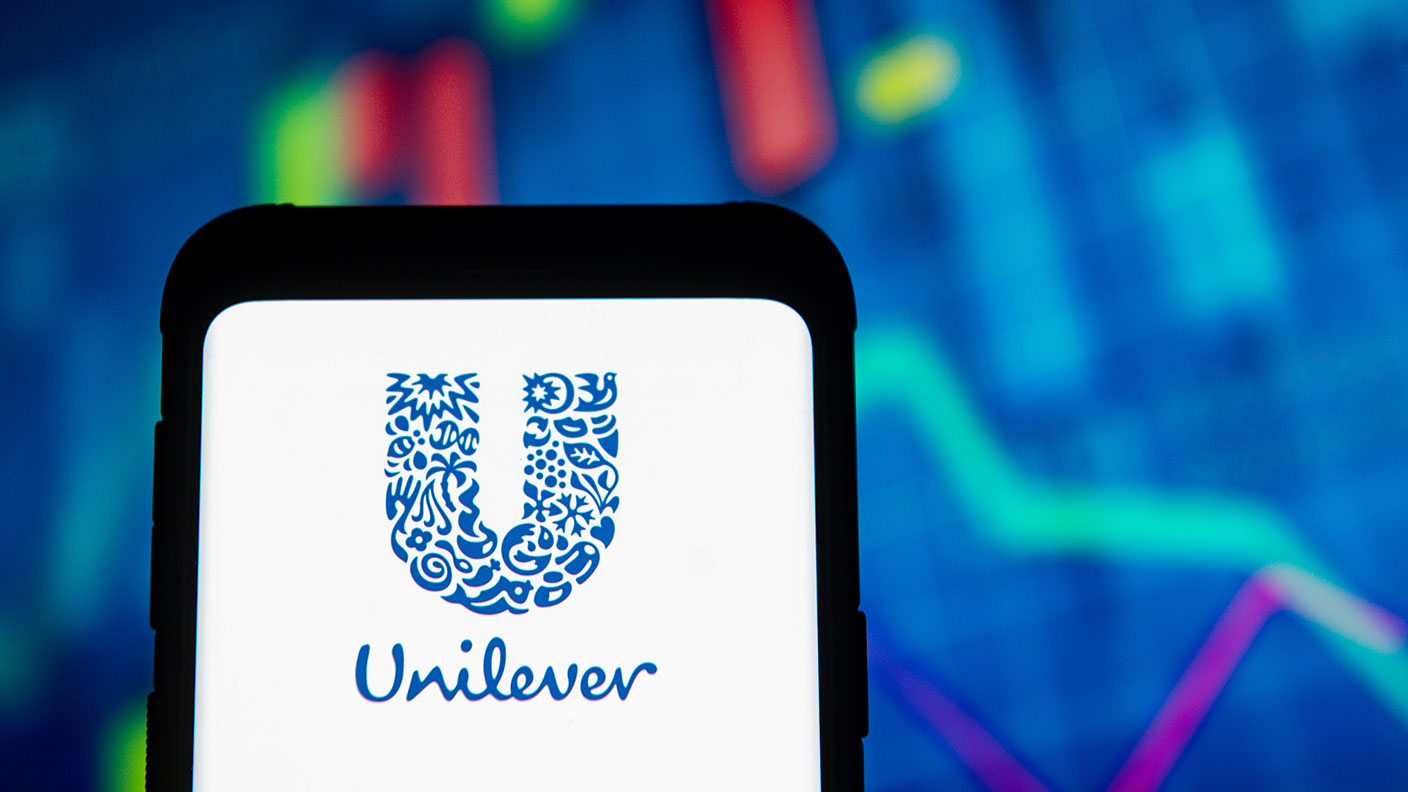 Unilever slides and GSK bounces after GSK knocks back £50bn bid
Unilever slides and GSK bounces after GSK knocks back £50bn bidNews Unilever shares fell to their lowest level in around five years, after its £50bn takeover bid for GSK’s consumer health unit was rejected.
-
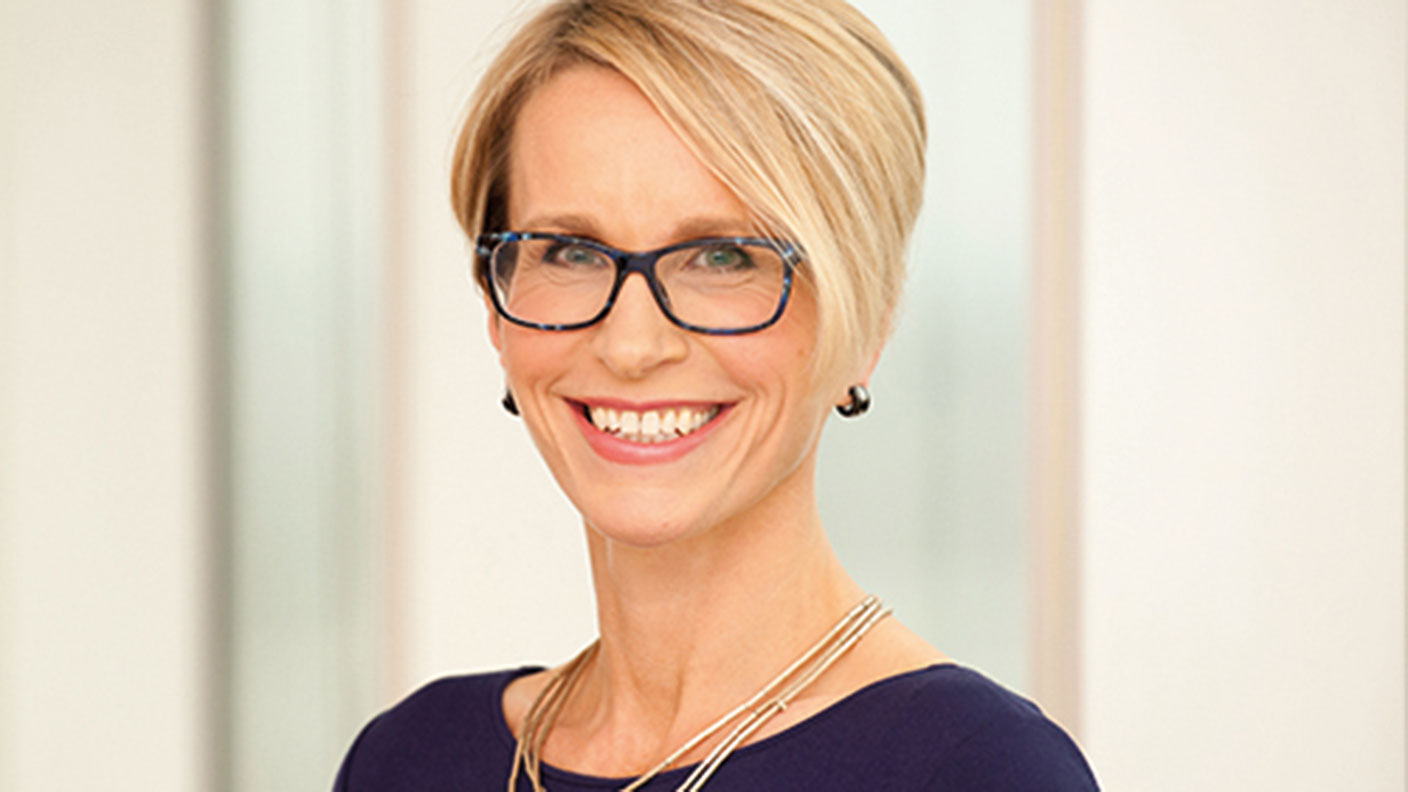 Shake-up at GSK won’t placate investors
Shake-up at GSK won’t placate investorsNews GSK has launched a radical shakeup of its operations, but that's unlikely to satisfy investors unhappy with the drugmaker's perennial underperformance.
-
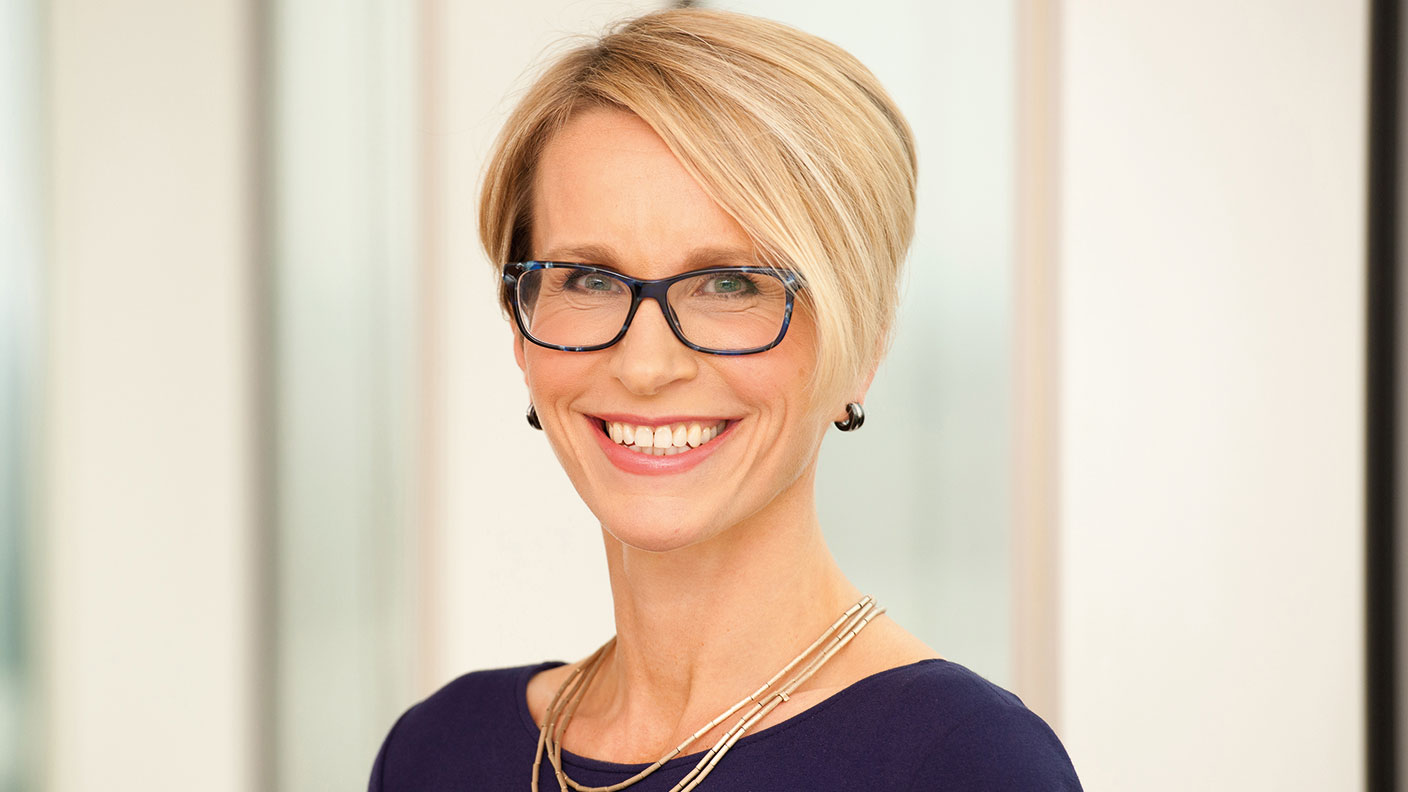 A show of support for GlaxoSmithKline's hedge fund fight
A show of support for GlaxoSmithKline's hedge fund fightNews Several large shareholders have said that they will support GlaxoSmithKline in its battle with hedge fund Elliott Management.
